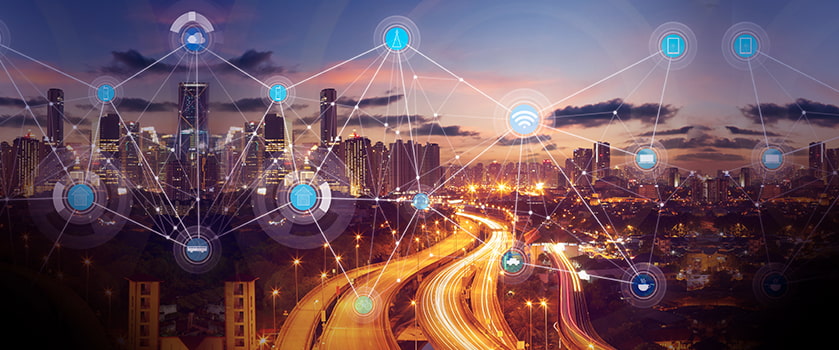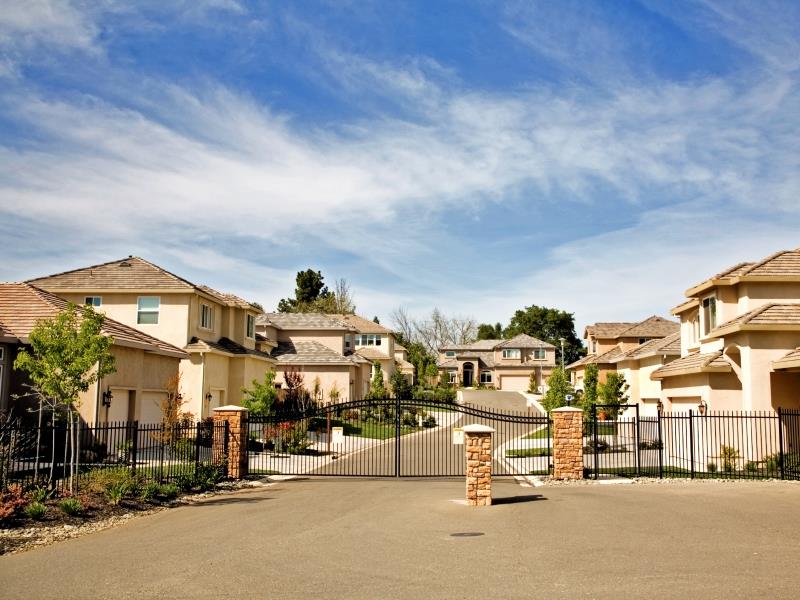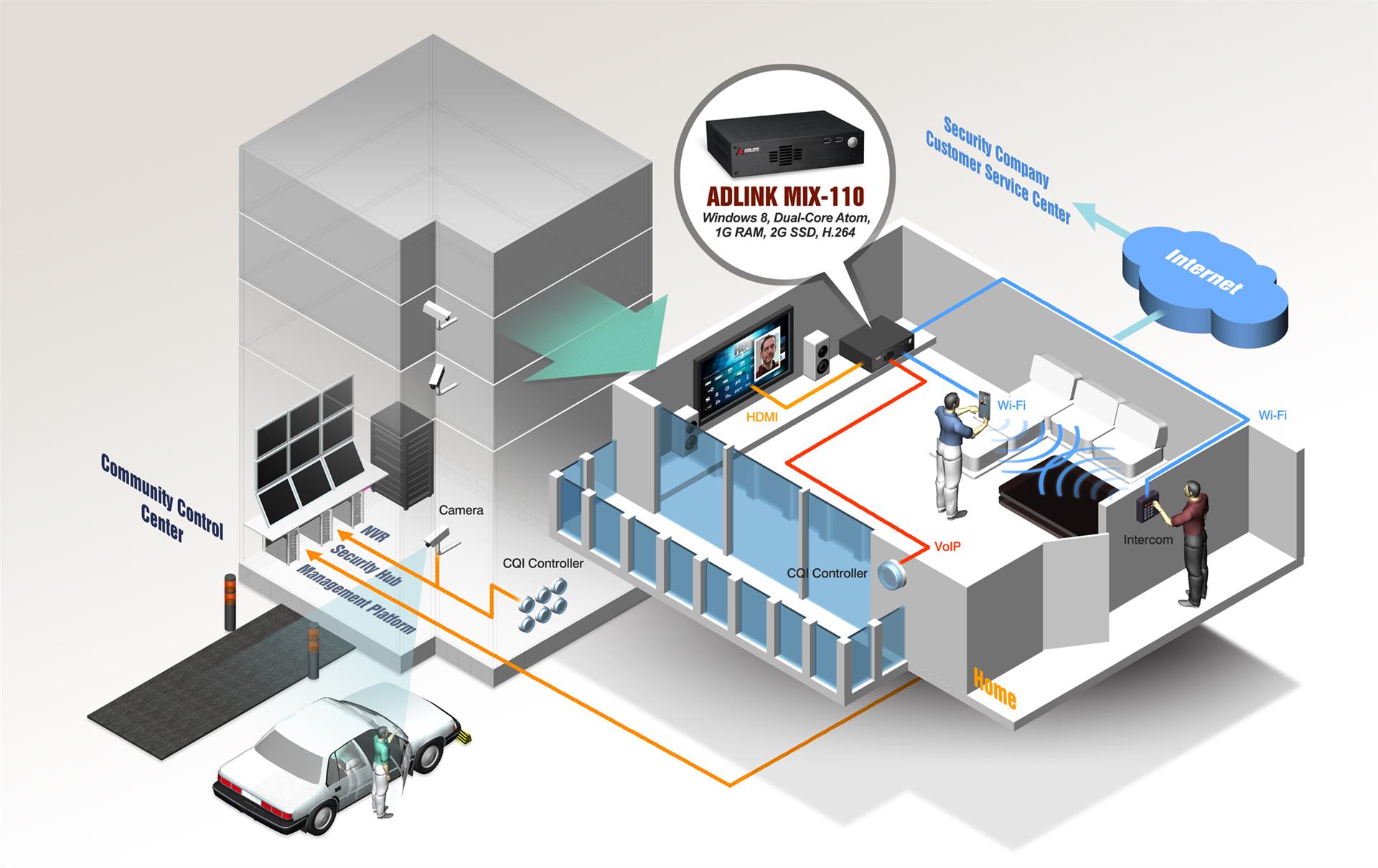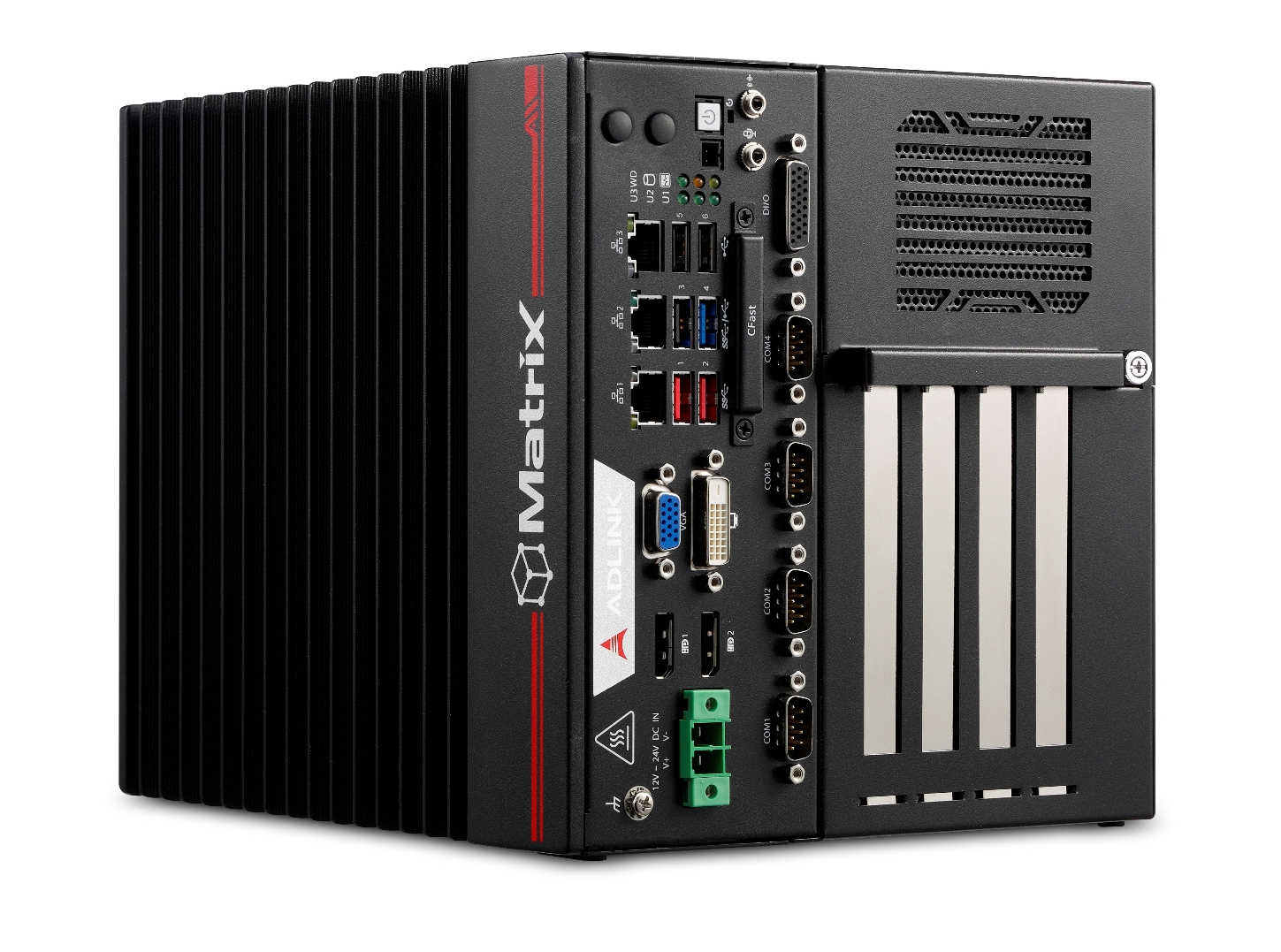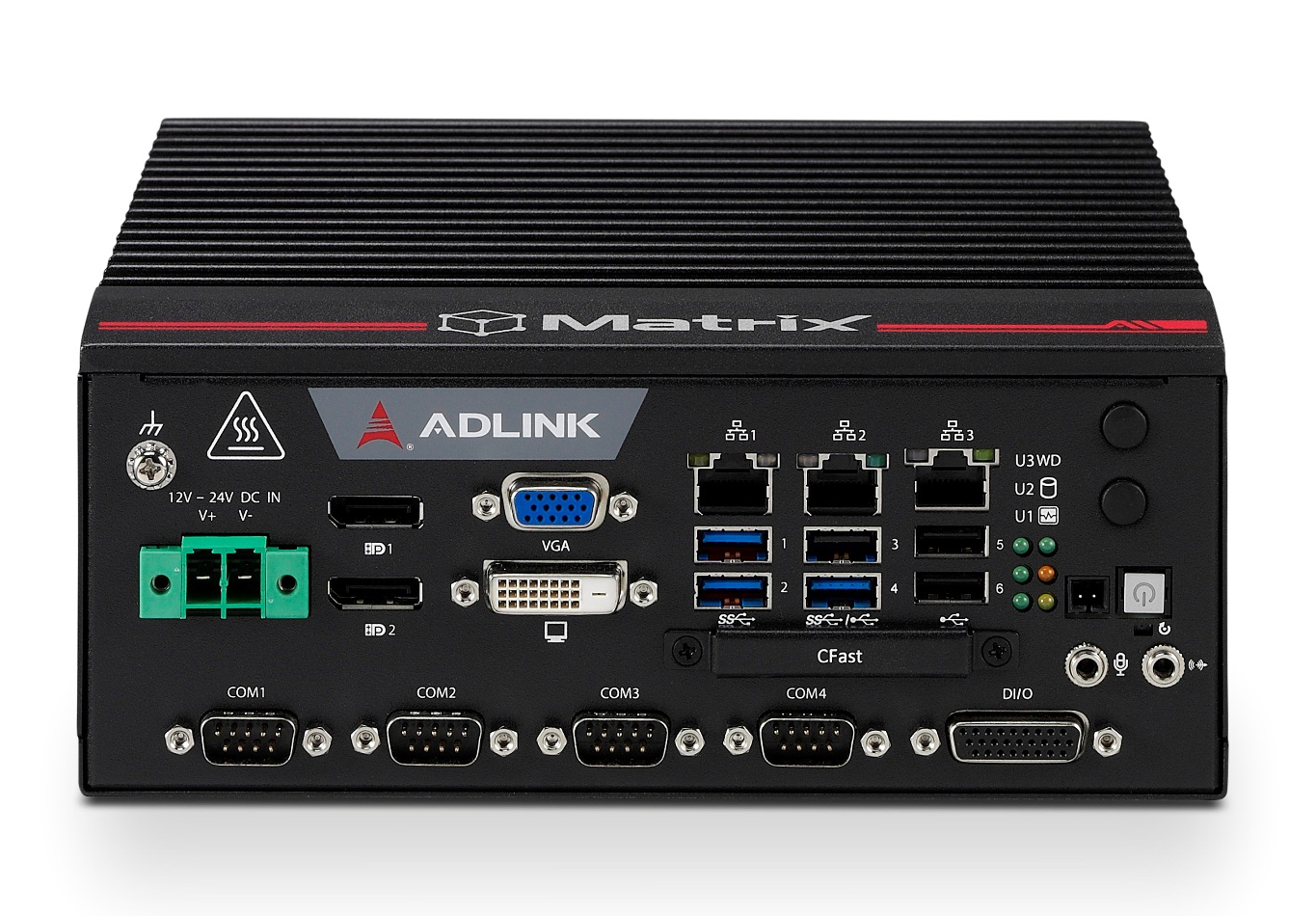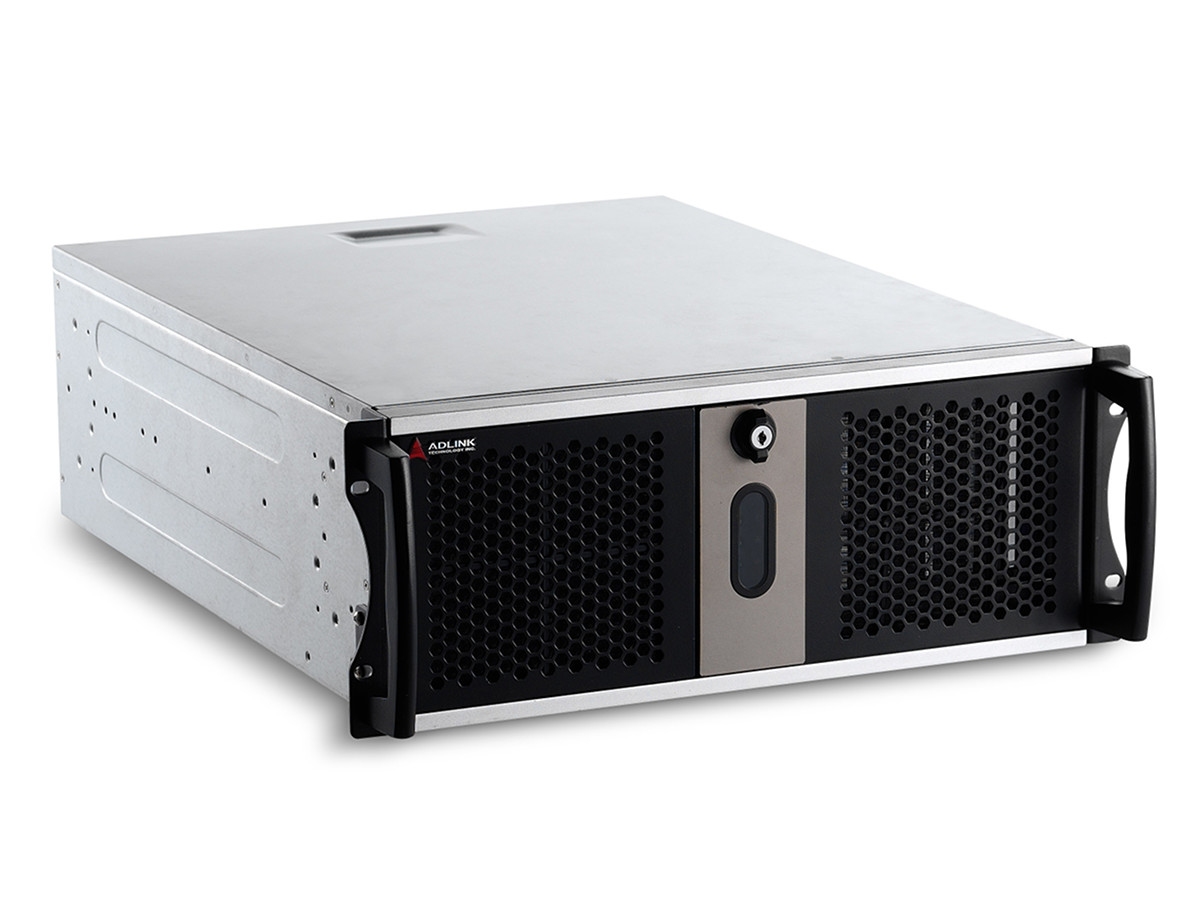Application Architecture
The deployment of an "e-community" requires a reliable computer system with rich interfaces for connecting to the community video surveillance system, entrance control system, intelligent power metering system, community management system, and security company customer service system.
This computer system serves as a computing platform to acquire data from connected devices, process the acquired data, store data, and display information as required by applications.
A commercial-grade computer is inadequate for carrying out such missions as they usually have a limited number of interfaces and are less stable and reliable. The computer system displays information on a display or TV screen in the community office, or sends required information to residents’ terminal devices such as desktops or smartphones. With the "e-community" system, residents can have firsthand information about their residence and their community when they are at home, at the workplace, or even when travelling thousand miles away from home.
Functions
Residents will be able to identify and talk to visitors ringing the doorbell when they are in a bedroom, living room, kitchen or even bathroom simply with a hand-held device (tablet or smartphone), through the TV, or with other devices which have HDMI or Wi-Fi interfaces, without having to move to the intercom to answer it.
Residents can review the power consumption status of their household and of community public areas through handheld devices or computers, so that they can manage their power use behavior.
Video cameras are installed throughout the public areas in the community and linked to a control center. Security guards can review real time video records in the control center to oversee the security situation in the community, and residents can use their own TV or hand-held devices to watch their children playing in the community as well as vehicles entering or leaving the community.
Residents can receive community information via various kinds of devices.
A contracted security company can receive real time updates on security situations in the community, and dispatch persons to handle emergency situations if necessary.
Residents can set links to contracted companies and allow them to get specific data about the health condition of their family members or the operation status of their electronic appliances so that those companies can provide services if they detect any abnormal situations. Meanwhile, with the use of video cameras, residents can observe the status in their home with mobile devices when they are away.






